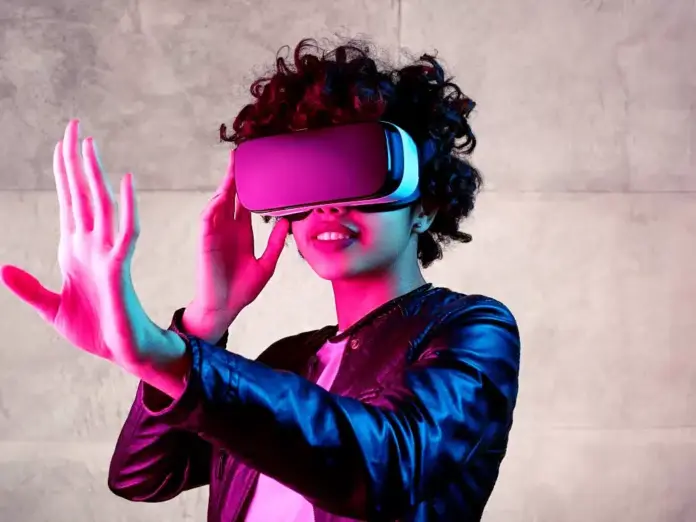Mark Zuckerberg has announced that the upcoming VR glasses “Meta Quest 3″ will be made cheaper and thus more accessible to more people. We now ask the question, is virtual reality possibly the future of eSports? A comment.
Over the past few years, countless different brands and developers have tried their hand at “VR” – Virtual Reality. From the beginnings of Google”s Cardboard, we”re already light years ahead in development, from today”s perspective. Valve caused a small revolution with its own index model, while Meta – formerly Facebook – recognized virtual reality as a desirable entertainment and work environment a few years ago and promptly bought up the industry leader Oculus, as well as pumping several billion into the development of corresponding environments and software – keyword Metaverse.
Another player made an appearance in the form of ByteDance, the company behind TikTok, whose PICO 4 is considered one of, if not the best standalone headset currently available and, with a price tag of between 400 and 500, is almost ready for the general public. Not to be forgotten is Sony with the PlayStation VR and its latest offshoot, the PSVR2. The Japanese company draws on the findings of the market and its own developments and brings the experience of virtual worlds into the children”s room – at least if the necessary small change is available.
A, virtual, playground
But whether it”s Meta, Facebook, Valve, Sony or ByteDance – all companies have a common goal: to open up the virtual world as a new “place to be.” Inevitably, this raises the question for the inclined video game and eSports fan, whether VR is possibly the future of electronic sports?
I personally go so far as to say: Yes – at least in part!
As for the choice of platform, it often depends on what genre wants to be played or served. Logically, games like Dota 2 or League of Legends can clearly be played better on a computer than via gamepad on the PlayStation 5 or Xbox Series X|S. But especially shooters and basically games from the first-person perspective benefit from the fact that players can immerse themselves even deeper into the action thanks to VR. Also by means of transfers of real and physical movements into the virtual environment.
1 month ago on this day 📅
IDK and The Boss facing off in a training gamehado ar augmentedreality vr esports pic. twitter.com/SvGA8jUD1d– HADO AR Sports (@HADOARSports) April 25, 2023
Here, however, is partly the rub. While many can interact with the virtual world without any problems, others suffer from so-called motion sickness, which makes prolonged use of VR glasses impossible. When using the corresponding devices, the brain is made to believe that it is in a certain situation without the body actually doing so. This leads to a state in which a discrepancy arises between the visual perception and one”s own senses, for example the sense of balance or movement. Those affected often suffer from nausea or dizziness.
Not to forget, of course, the price. While a purchase from Valve with all the trimmings easily costs over 1000 Euros, devices like the PICO 4 or Sony”s PlayStation VR 2 with up to 500 Euros are still outside the “just buy it” range. Although the Meta Quest 3 announced by Meta CEO Mark Zuckerberg is supposed to be more affordable, consumers can assume that it will also cost several hundred euros or dollars.
The Quest 2”s fabric strap can be perfect for lighter headsets.
If the Meta Quest 3 comes with a weight under 350 grams, it could be usable. pic.twitter.com/m1ZMHsZePL
– Cezary Sobociński (@CezaryXR) April 20, 2023
So: future of eSports or not?
Sooner or later, and I”m committing to this, there will be a large-scale shuttle within the way we consume digital media over the next few decades. The possibilities offered by a virtual environment are too tempting and too extensive not to pay attention to it. However, I don”t think that “classic” eSports, as we currently experience it, will disappear from the scene. Instead, in the metaverse or whatever the virtual future will look like, there will be additional games and offerings that co-exist with League of Legends, Counter-Strike 2 and co.


